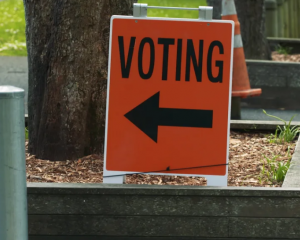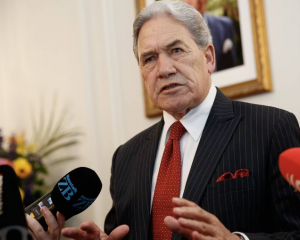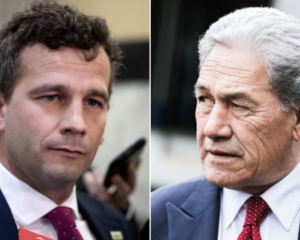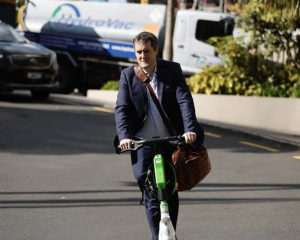Chris Hipkins will continue as Labour leader after being endorsed by the party’s caucus.
Kelvin Davis will not continue as the deputy leader and Carmel Sepuloni will take over in the position.
Labour’s caucus met in Upper Hutt today to discuss many topics including the party’s leadership. following a dismal 2023 election result last month that means it has just 34 MPs in Parliament.
The leadership vote was a secret ballot so Hipkins didn’t know whether there were any dissenting votes. There were no other candidates.
Hipkins said Davis had not stated he would retire from politics altogether, but had earlier told him he wanted to step down as deputy leader.
Hipkins said it was his intention he would be Labour leader for the 2026 election campaign and was confident he would be leader then.
Labour would have a “refreshed policy platform” going into that campaign.
“We start effectively with a blank page ... we start again,” he said of the party's policies.
“We need to take stock, we need to refresh. We start again with a blank page.”
There had been a brief conversation on tax at today’s meeting, he said, but nothing specific. Hipkins formerly ruled out a wealth tax under his leadership, but is indicating that could change in the run-up to 2026.
He didn’t believe tax was the issue that defined October's election result. He wouldn’t answer whether ruling out a wealth or capital gains tax was a mistake, repeating that Labour started with a blank page.
Hipkins believed a lot of vote splitting occurred in the Māori seats, which led to Te Pāti Māori winning six of the seven Māori electorates, traditionally a Labour stronghold.
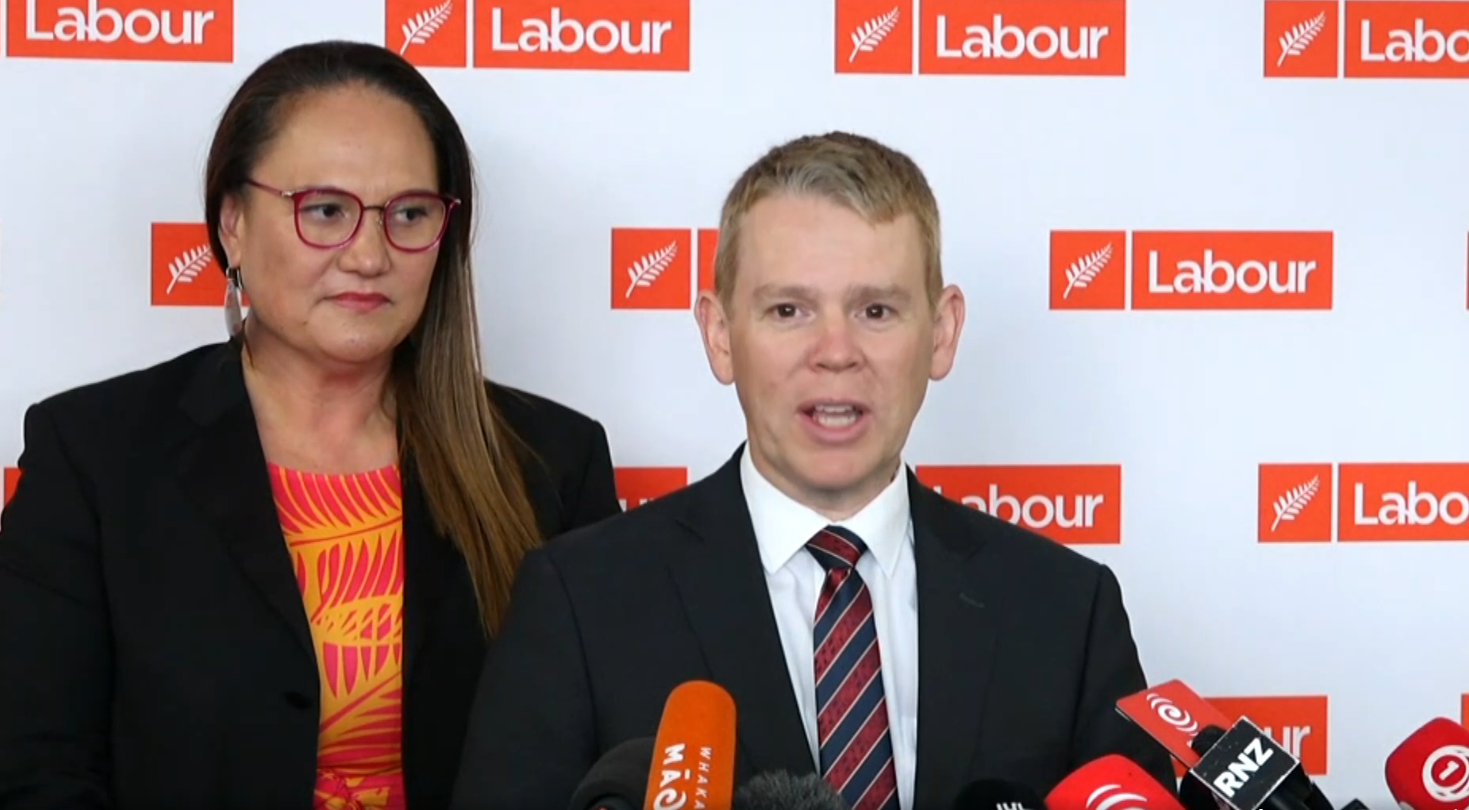
Sepuloni as deputy
Hipkins nominated Sepuloni to be the next deputy leader of the party and she was unanimously supported by the caucus. He didn't agree at suggestions he was still leader because no one else wanted the job.
Sepuloni said Davis had indicated he wanted to step down and therefore there was no need for negotiations over the position. She said she had no aspiration to be leader.
She said Auckland was a problem for Labour, as evidenced by the election result, so the party had to “think broadly” about why it fell short in the city.
The deputy leader job was about relationships within caucus, the party and stakeholders, Sepuloni said.
The first part of Labour’s Opposition was reflecting on what it did right and what it did wrong over its six years in government and the election. It will also involve “very vigorously” holding the next government, made up of National, Act and NZ First to account.
Labour’s whips have remained, Tangi Utikere and Camilla Belich, and Hipkins said he would wait until after the government had formed to select shadow positions.
Hipkins said he’d had a conversation with David Parker yesterday, amid reports the senior Labour MP was keen on the leadership. Hipkins said Parker had assured him that he hadn’t been seeking support through the caucus.
Hipkins accepted it was a possibility other senior MPs would join Andrew Little in retiring from politics, whether that be before or after the summer break.
He hoped National leader Christopher Luxon would have the good sense to oppose Act’s policy to hold a referendum on the Treaty of Waitangi principles. Hipkins accepted respectful conversations could be had on the matter, but didn’t believe that would be achieved through a referendum.
He said he had almost “lost count” of how many weeks it had been since the general election on October 14 and hoped Luxon and his coalition partners could form the next government quickly.
“I think everyone was in a constructive frame of mind,” Hipkins said of today’s caucus meeting and described the party’s finances as “pretty good”.

